Grief is a natural response to loss. It’s the emotional suffering you feel when something or someone you love is taken away. Often, the pain of loss can feel overwhelming. You may experience all kinds of difficult and unexpected emotions, from shock or anger to disbelief, guilt, and profound sadness. Grief comes in stages, in no particular order, and understanding these “stages” is just the beginning to our healing.
As it started to feel as though COVID was under control, breakthrough cases have surged across the country. For those involved in the music industry, shows have been postponed, tours have been cancelled, artists and crew members may be getting covid and it feels as though this may be just the beginning to another dramatic change in their world. How do we cope with the loss of something we love? How do we understand the emotions we suddenly are forced to experience?
THE 5 STAGES OF GRIEF
DENIAL
PROBLEM: Artists may feel incredible pressure to not cancel a tour. The impact on the crew may feel overwhelming and our brains may believe the show will still go on.
SOLUTION: This is a defense mechanism to help us avoid the stress of having to cope with the situation. By acknowledging the loss and beginning to develop a plan, we can manage our negative emotions and begin our path to healing.
ANGER
PROBLEM: Anger can be displayed in a variety of ways. Outbursts toward family, friends, band members, manager, and even ourselves may occur.
SOLUTION: How can we be sure to manage and express our anger in a healthy way? Develop healthy routines, support network, enjoyable activities to help us focus all unwanted and unhealthy energy in a positive way.
DEPRESSION
PROBLEM: Sadness is an emotion that we all tend to try and avoid. It can become overwhelming when additional stressors are added to our lives. Depression can cloud our judgement, cause negative self-talk and self-worth, and lead to negative long-term effects.
SOLUTION: Acknowledge the sadness and develop healthy coping strategies. Try something new: meditation, yoga, exercise to see what can help. Most importantly, surround yourself with positive people, and don’t be afraid to talk to someone.
BARGAINING
PROBLEM: We start to believe we could have done something differently to avoid the problem. We create negative ideas of ways we could have solved the problem.
SOLUTION: Ground ourselves. Recognize what is in our control and what is not.
ACCEPTANCE
PROBLEM: We recognize what we can do and we begin our process of moving on.
SOLUTION: Build our supports, lean on our coping skills, understand and learn our new normal.





